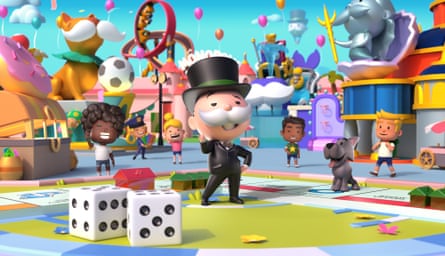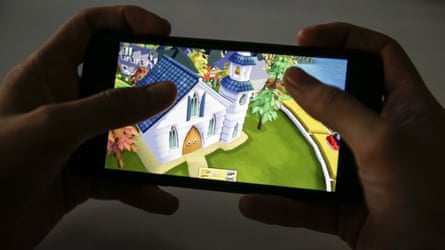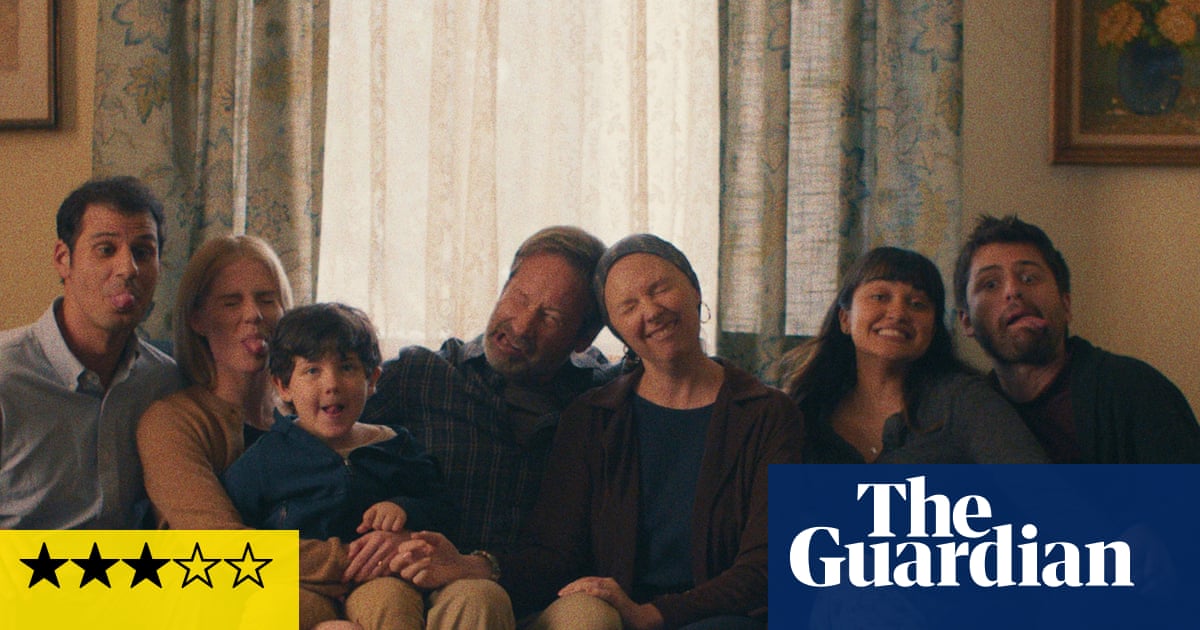I don’t play video game versions of board games. Why would you? The whole point of video games is to be faster, more visually arresting, and less reliant on other humans than old games played with dice and cards. But a recent family board game night was derailed by clashing schedules and family civil war, so I spent a Saturday night trying them out on the iPhone instead.
I started with Uno because that is the old family staple. We still use the Simpsons Uno set we got decades ago. It is simple and comforting, the chicken soup of card games. The iOS version is a different consommé altogether. A three-minute time limit for each round means it is as much about avoiding mistakes as it is about tactics. I like this development, but I miss the family banter (and ruthless switching allegiances) of our real-life family version. It’s not the same spamming a silly face at MoshOnion933. Trust me. I tried.
I boot up Yahtzee With Buddies with relish, because Yahtzee is a rare game that I love but the rest of the family don’t. I liked the spins on the original, with multipliers appearing in certain scoring categories. I even liked the extra bells and whistles of different dice and chests to open, until I realised that these are just gateways to the inevitable micro-transactions, which include graphics jumping into your face with an offer to buy an extra roll if you are one six away from a Yahtzee. The final straw was when it started offering me scratch cards, the vilest form of gambling enticement outside the old Fifa packs.

Monopoly Go is even worse. You just careen around a board with so many beeps and vomited graphics that it makes your head hurt. You land on a space that means you get to attack another player’s landmark with a wrecking ball, but they defend you with what looks like Baby Yoda. This is like fever dream Monopoly: the kind of Monopoly that you are forced to play by a vile serial killer who has kidnapped you.
Selecting the Triple option eats up three rolls of the dice but gives you triple the rewards, just so you run out quicker and can be bombarded by more micro-transaction abuse. It’s no different from a slot machine. You can even set it to auto-play itself, while you passively watch a swirl of garish eye candy like you are trapped inside a 1970s washing machine. You don’t even get the sense you are playing a game. You’re just a mark in a colourful grift where you spend real money to watch fake numbers go up and down. The only people who think this is a game are the same ones who think Mrs Brown’s Boys is a comedy.
I expected The Game of Life to be the same. But it was glorious!
The old familiar choices burst into life again: Career or university? Married or single? One kid or four? The cost has gone up and now people have to pay you $20k when you get married - we just got a pasta maker – and you only get taxed if you land on a certain square, which means you only pay tax if you are unlucky. Wow! This is what life is like for billionaires! I yearn to feel the spinner from the original game in my hands, the second greatest analogue board game device ever (because nothing beats the Pop-O-Matic, the board game equivalent of bubble wrap.)

In my second game I concentrated on my career rather than having kids and ended up twice as rich! This isn’t so much a game as the most accurately detailed scientific life sim ever created. I only stop playing it because it depresses me how much easier it is to be successful in the game version of life. Also, I am in my 50s, and I should play something with more gravitas.
Which brings me to chess: the board game that computers are, famously, best at. I wanted to see if someone could really add to the world’s greatest game in 2025. So I downloaded Zach Gage’s Really Bad Chess.
I loved his Pocket Run Pool, which added crazy stunt balls and pockets and whatnot to the dignified pursuit of smacking balls against one another. His version of chess has a deceptively simple conceit: random numbers and starting positions of each piece. This means some games start you with four queens lined up in front of three knights and a pawn, and thus liberates chess from the austere rigidity of standard openings and gambits.
It achieves the impossible in giving you a version of chess where you have to think more. On later levels, the AI opponent has the lion’s share of the power pieces, so the difficulty curve is great. You play it with a smile on your face.
Maybe it’s the less social board games that computers are better placed to serve us with: the only people who really talk while playing chess are bad guys in movies. Although I suspect there’s a Micro Transaction Chess Go! monstrosity out there somewhere, ready to ruin everything.

 3 months ago
58
3 months ago
58

















































